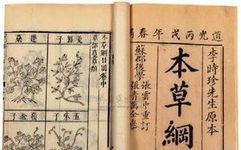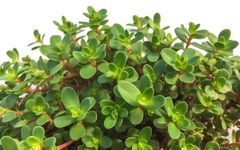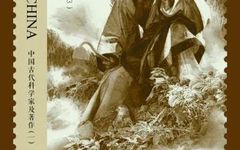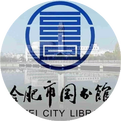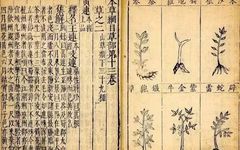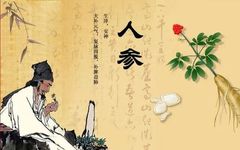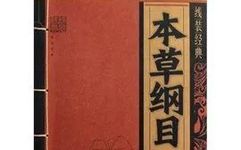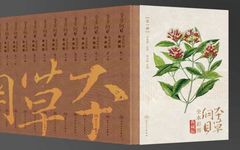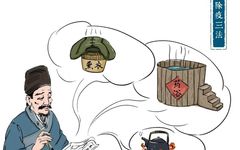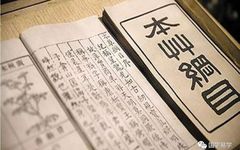The Dissemination and Impact of the Compendium of Materia Medica Overseas
The Compendium of Materia Medica has been published for centuries, and its academic value continues to shine brightly, becoming a shared scientific treasure for people around the world. Li Shizhen was born in Qichun, Hubei. Both his grandfather and father were physicians. He abandoned Confucianism to pursue medicine and worked in the Imperial Medical Institute, … Read more

